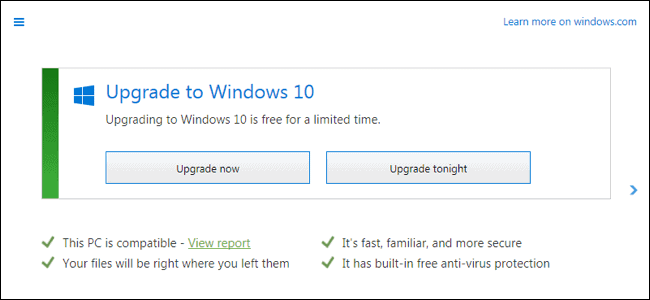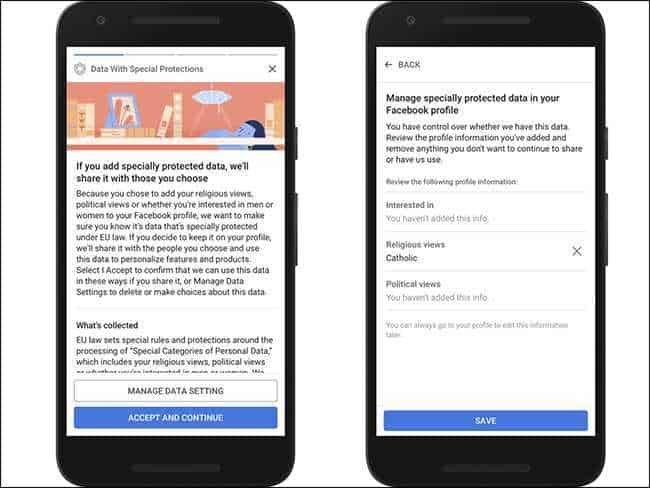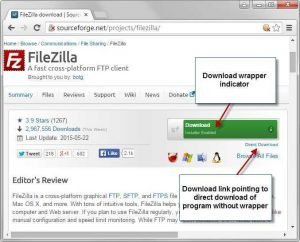In previous posts we have talked about the Dark patterns. If you feel like you're being asked to do something you don't want to do but you don't have (apparent) options, you might be in front of a Dark pattern.
Dark patterns are techniques that deliberately mislead you to do what a company wants. So it is probably worthwhile to understand how they work. Let's look at some examples:
Confirm something and feel unique
Web designers who want to make you sign up for a newsletter try to make you feel smart enough to answer a question correctly σω See the image below:
This is the worst kind of popup. Not only is it disruptive to my reading experience, it's also manipulative. #webdesign #darkpatterns pic.twitter.com/Yhi7Vk3TOQ
- TJ Pitre (@tpitre) July 26, 2018
To skip the registration, you should click on the almost invisible link that states that you are not interested in the cat.
All this is deliberate. A simple pop-up window may have better results because they do not try to fool you. But the above practice is very common. Tumblr has too many examples if you want to see.
Bait and switch
Sometimes you click on a button to do something, and you find that you have done just the opposite. This is the classic bait and switch.
Microsoft used this trick when promoting Windows 10. At one point they displayed two buttons: upgrade now or upgrade tonight.
Now suppose you were one of those who didn't want to install Windows 10. Which button will you press? Too many ended up installing Windows while they didn't want it.
Later it got worse: even closing the window showing the two buttons could trigger one installation.
There are other types of Dark patterns, but they all have one audience: they assume you do not read the instructions and that you work with instinct. So at some point you can click on the wrong button to continue with whatever you do. Too many companies use this technique.
For example: Last April Facebook used Dark patterns to undermine EU privacy rules. Take a look:
Notice the buttons on the left. The button that closes the popup after accepting the settings is blue, so it stands out. The button that lets you tinker with the settings is white so it's as bright as the blue. The title “Manage settings data” makes the page a bit intimidating for non-geeks.
Facebook knows that the vast majority of its members will press the blue button without reading anything just to make the pop-up disappear. However, with the "agreement" of the users, the company has their consent for the collection of data, which is now legally required by the GDRP.
None of the above is illegal. But Facebook does not show the neutral options it gives you.
Of course there are thousands of such examples in the Internet. Let's talk a little about crapware. You know many times free app installers hide traps:
The idea here is to click "Next" without reading what the installer wants to install. The right image even offers in very small letters direct download of the application and will not send you to another page with dozens of ads. This practice dates back to the 1990s.
We could go on
There are many other types of Dark patterns. Any design that tries to ask you to do something you do not want uses a dark motif. For more you can take a look at the following publications:
- Dark Reatterns: How they mislead the wrong privacy options
- Facebook dark patterns: what are the dark motifs and how they deceive








Dark Patterns on a dark background and with minimal lighting !!!